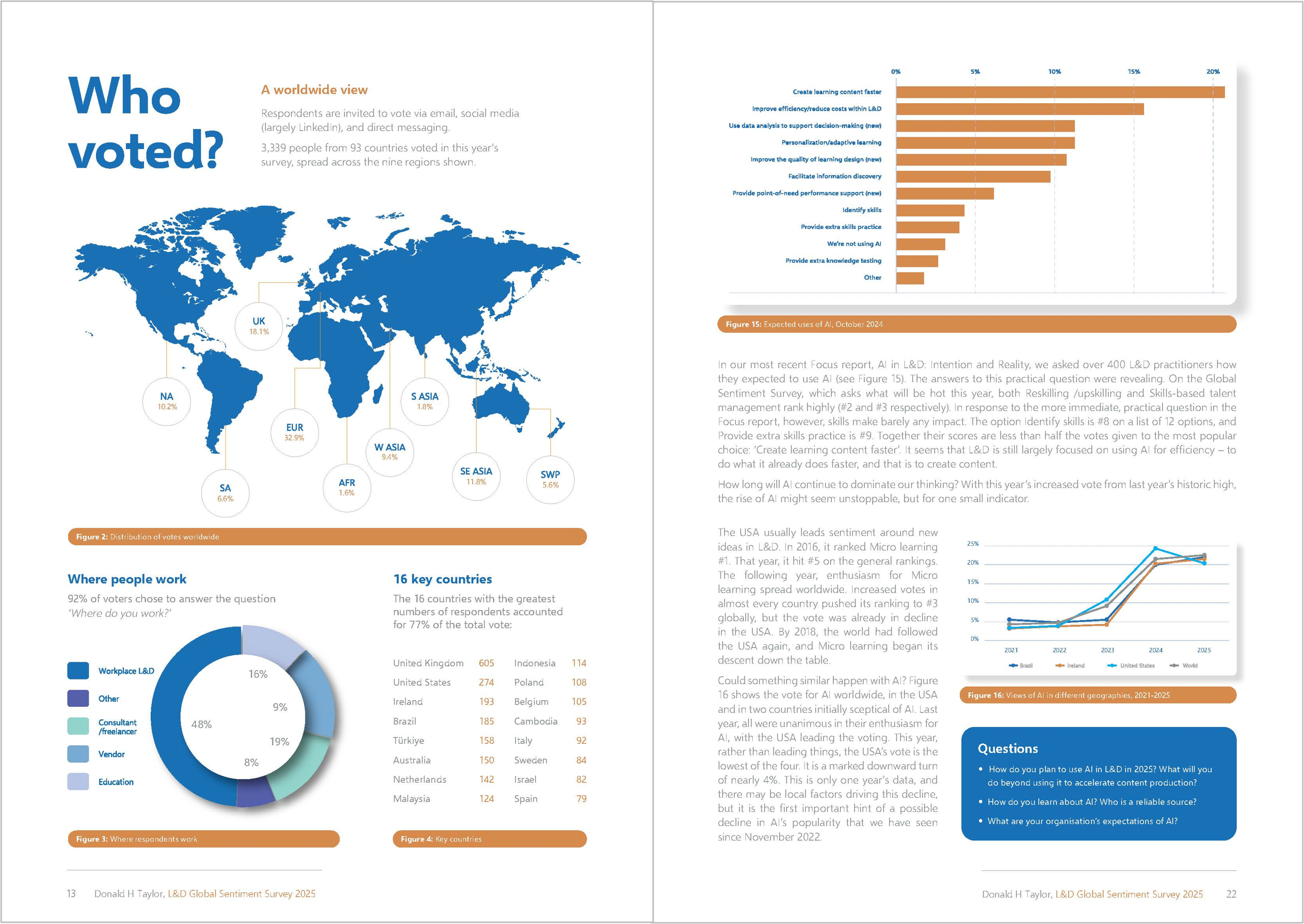Competencies and capability Part III: Bersin’s take

Competency week, it’s a roller-coaster, eh? If you can take the white-knuckle pace, let’s move on to day 3. Today, I reflect on the views of Josh Bersin, an analyst focused on technology in the learning and talent spaces.
The IBM survey on Human Capital struck a chord – as I noted in October. It suggested that to succeed in the future, organisations will need a clear skills management process underpinned by a balanced view of competencies (detailed enough to be useful, general enough to be usable).
There have been plenty of reports recently that made the same points. One that struck me over the summer (what summer was that?) was Josh Bersin’s research, published in July , and further written up for October’s Talent Management magazine.
After surveying 700 corporations and talking to 55 executives about 62 talent management processes, Bersin boiled it down to a priority list of 22.
Here are the top 6:
1. Focus first on coaching.
2. Take a skills-based approach to workforce planning.
3. Consider re-evaluating competency models.
4. Performance management is key
5. For sourcing and recruiting, think sales and marketing.
6. Focus on processes first, systems second
Perhaps because it was released in the summer, this report didn’t generate quite as much comment as might have been expected, and quite a lot of that was just software providers noting that it confirmed their positions.
So, as a capability management software executive, let me say: this confirms our position at InfoBasis. But there are two surprises.
1. Coaching. Coaching? Surprise number one. Bersin says:
Organizations with strong coaching cultures, coaching programs and support structures develop much higher levels of engagement, leadership, flexibility and performance.
There’s correlation there. But is there cause and effect? It’s difficult to untangle the two.
2. Take a skills-based approach to workforce planning.
3. Consider re-evaluating competency models.
4. Performance management is key
No surprises here, and yes, it’s what plenty of people have been saying all along, and indeed what IBM said in their survey. It’s good to see, though, that Bersin can link these activities to organisational effectiveness, because that’s where the value lies.
Like anyone who’s been around the block, Bersin is a little wary of the promise of competencies, which have too long seemed a potential revenue stream for consultants, with no pot of gold at the end of the rainbow. The crucial thing is: this isn’t just his opinion. This is the result of a survey of 700 corporations and 55 executives.
The message is clear: Want to manage your talent successfully? Experience shows that well-crafted competencies, pragmatically deployed, will help.
5. For sourcing and recruiting, think sales and marketing.
Surprise number 2. I hadn’t thought about it this way, but he’s on the money:
Over the next 15 years, virtually all industry sectors will have more jobs than qualified people.
Given that, marketing angle makes sense. Not just pink and fluffy, but giving value:
organizations must invest in training and development programs that can help prepare employees for key positions throughout their careers
And the last point, no surprises here:
6. Focus on processes first, systems second
Surely the corporate history of the western world is littered with too many technological train wrecks for anyone to doubt this. (Hhm, yet this point didn’t feature strongly on many software houses’ blog reviews, strange that.) Here’s Bersin again:
HR systems are important, but technology’s value is in the automation and streamlining of good programs and processes, not in creating them.
Enough said.


